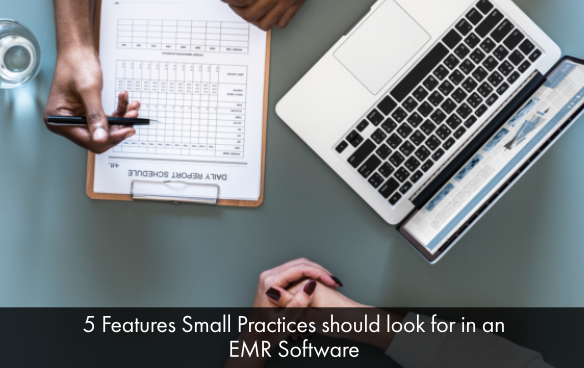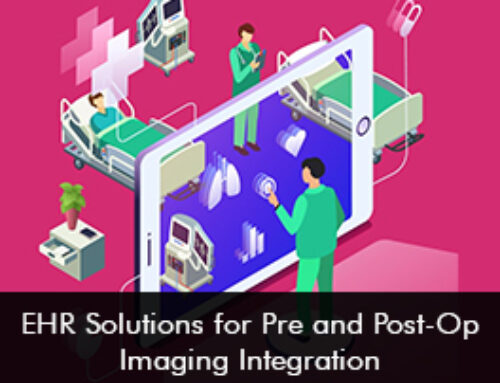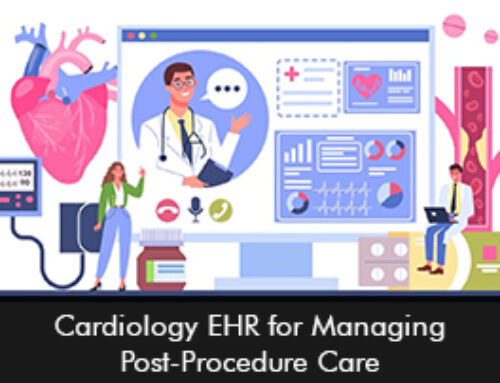As a small practice setup, you want to keep your costs low and improve workflow efficiency and deliver the best care to your patients. Many small clinics have deployed affordable Electronic Medical Records (EMR) Software solutions to streamline daily clinical, financial, and administrative workflows. A small practice can greatly benefit from an EMR Software system that is designed to meet the specific needs of the practice with necessary features and tools.
Going paperless can help cut down costs and improve productivity and patient care. EHR Software solutions are robust systems that can help your practice gain a competitive edge and boost patient engagement.
Benefits of Deploying an EMR Software system for Small Practices
- Improved clinical capacity.
- Streamlined workflows.
- Enhances patient engagement.
- Achieve HIPAA Compliance.
- Healthcare providers can focus on patient care and hence improve patient outcome levels.
- Data is easily accessible in real-time.
- Features that simplify the documentation process.
5 Qualities to Consider Before Striking the Final Purchase
It can be a difficult task to select an EMR Software system for your small practice. Since your budget is limited you want the best return on your software investment, providing you maximum advantages. In this article, we have mentioned the 5 important qualities that small clinics should look for in the potential Electronic Health Records (EHR) Software system.
- Ease of Use – When you are watching software demos always keep in mind that the EMR Software should easily fit your workflows. The software should have an intuitive interface that is easy to navigate by your staff members at the clinic. The Electronic Medical Records Software system should simplify documentation through features of dictation and speech recognition tools. A software system that is difficult to use will only add to physician burnout, and that’s what is least wanted.
- Streamlined Patient Scheduling – a top-ranked EHR software will automate the patient scheduling process so your staff can focus on other important tasks. Patients will be satisfied to spend less time on the phone booking appointments with the front desk staff member. It’s a win-win situation for both your employees and patients.
- Billing System – Make sure that your EHR Software has a built-in billing system that can handle all tedious financial tasks. This can cut down costs of hiring and maintaining medical financial professionals that are dedicated to handling all aspects of medical billing. The billing software system will let practices bill electronically and even highlight any denials.
- Interoperability – Your clinic would want the EHR Software to offer interoperability options so data can be shared easily between other systems. When the software system can easily communicate with various national networks then this can ultimately boost practice productivity.
- Flexibility – A great EMR Software solution will not be stagnant but will offer flexibility if you plan to grow your practice operations. For example, if you are growing by adding a specialty healthcare provider, then the EHR Software solution should be flexible enough to handle multiple patients.
Last Word
It is advised that small practices go for a Cloud-Based EMR Software solution. Cloud-based software systems are easy to implement as the software runs on the web. Small practices usually can’t handle the hefty initial cost of EMR Software installation, but cloud-based software systems are cost-effective as they require no hardware installation and software license. Cloud-based EMR Software systems also offer round-the-clock protection of patient data through HIPAA compliance. We hope that this article will guide you through your EMR Software purchase.







